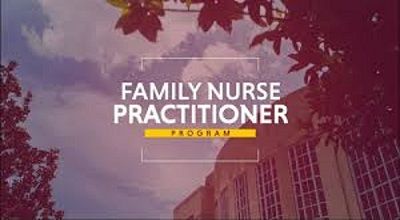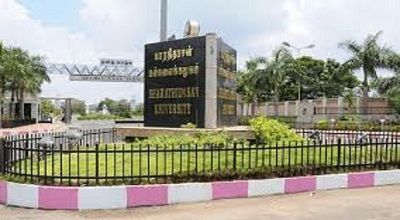Malpractices in Annual Examinations
Malpractices in Annual Examinations: Examinations play a crucial role in assessing students’ knowledge and skills in the UK education system. However, malpractices in annual examinations have become a growing concern, undermining the credibility of qualifications. From cheating and plagiarism to exam paper leaks, these unethical practices distort fair assessment and devalue academic achievements.
This article explores the latest trends in examination malpractices in the UK, supported by real-world examples, and discusses preventive measures to uphold academic integrity.
Understanding Examination Malpractices
Definition and Types
Examination malpractice refers to any deliberate act of dishonesty or misconduct that gives a candidate an unfair advantage in assessments. Common types include:
- Cheating: Using unauthorized materials (notes, phones) during exams.
- Collusion: Working with others to share answers.
- Plagiarism: Submitting someone else’s work as one’s own.
- Impersonation: Hiring someone else to take an exam.
- Leaking Exam Papers: Unauthorized access to exam content before the test.
Legal and Ethical Implications
Malpractices violate educational policies and can lead to legal consequences, including disqualification, fines, or criminal charges. Ethically, they erode trust in academic institutions and devalue legitimate qualifications.
Common Examination Malpractices in the UK
Cheating and Collusion
Students often smuggle notes or use smartwatches to access information during exams. In 2023, several A-Level students were caught using Bluetooth earpieces to receive answers.
Plagiarism and Essay Mills
Essay mills (websites selling pre-written assignments) have surged, with universities reporting thousands of cases annually. In 2022, the UK government banned essay mills under the Skills and Post-16 Education Act.
Impersonation
Some students hire “professional exam takers” to sit tests for them. In 2021, a student was jailed for impersonating others in English language tests.
Leakage of Exam Papers
Social media platforms have been used to circulate leaked exam papers. In 2023, GCSE maths papers were shared online before the exam date, leading to re-sits.
Misconduct by Invigilators and Teachers
Some educators help students cheat by altering grades or providing answers. A 2020 scandal revealed teachers in a London school had tipped off students about exam questions.
Recent Cases of Examination Malpractices in the UK
Case Study 1: GCSE and A-Level Scandals
In 2023, leaked A-Level biology papers were sold on the dark web, affecting thousands of students. Ofqual launched an investigation, and some exams were annulled.
Case Study 2: University Essay Mill Crackdown
The UK government shut down over 100 essay mill websites in 2022, with universities using AI tools like Turnitin to detect contract cheating.
Case Study 3: Teacher-Assisted Cheating
A Birmingham school was fined £50,000 after teachers were found to have altered coursework marks to boost students’ grades.
Causes of Examination Malpractices
- Pressure to Succeed: High-stakes exams push students to cheat.
- Weak Monitoring Systems: Poor invigilation enables misconduct.
- Technological Advancements: Smart devices facilitate cyber cheating.
Consequences of Examination Malpractices
- For Students: Expulsion, revoked qualifications, and damaged reputations.
- For Educators: Job loss, legal action, and loss of accreditation.
- For the Education System: Loss of public trust and devaluation of qualifications.
Measures to Prevent Examination Malpractices
- Stricter Regulations: Harsher penalties for offenders.
- AI-Based Proctoring: Tools like facial recognition and plagiarism checkers.
- Ethical Education: Teaching students about academic integrity.
Role of Regulatory Bodies in the UK
- Ofqual: Ensures fair exam standards.
- JCQ: Sets rules for exam conduct.
- Universities UK: Monitors higher education integrity.
Future of Examination Integrity in the UK
AI-driven proctoring and blockchain-based certification may reduce fraud. Policy reforms aim to strengthen exam security.
Conclusion
Examination malpractices threaten the UK’s education system. Combating them requires stricter enforcement, technology, and ethical awareness.
FAQs
1. What is the most common exam malpractice in the UK?
Cheating using hidden notes or electronic devices is the most common form.
2. Can students go to jail for exam malpractice?
Yes, in severe cases (e.g., impersonation), students may face legal action.
3. How do universities detect plagiarism?
Tools like Turnitin compare submissions against a database of existing works.
4. What should I do if I suspect exam malpractice?
Report it to the exam board or institution immediately.
5. Are essay mills illegal in the UK?
Yes, since 2022, operating or using essay mills is a criminal offense.
More Here: Poverty in Pakistan





